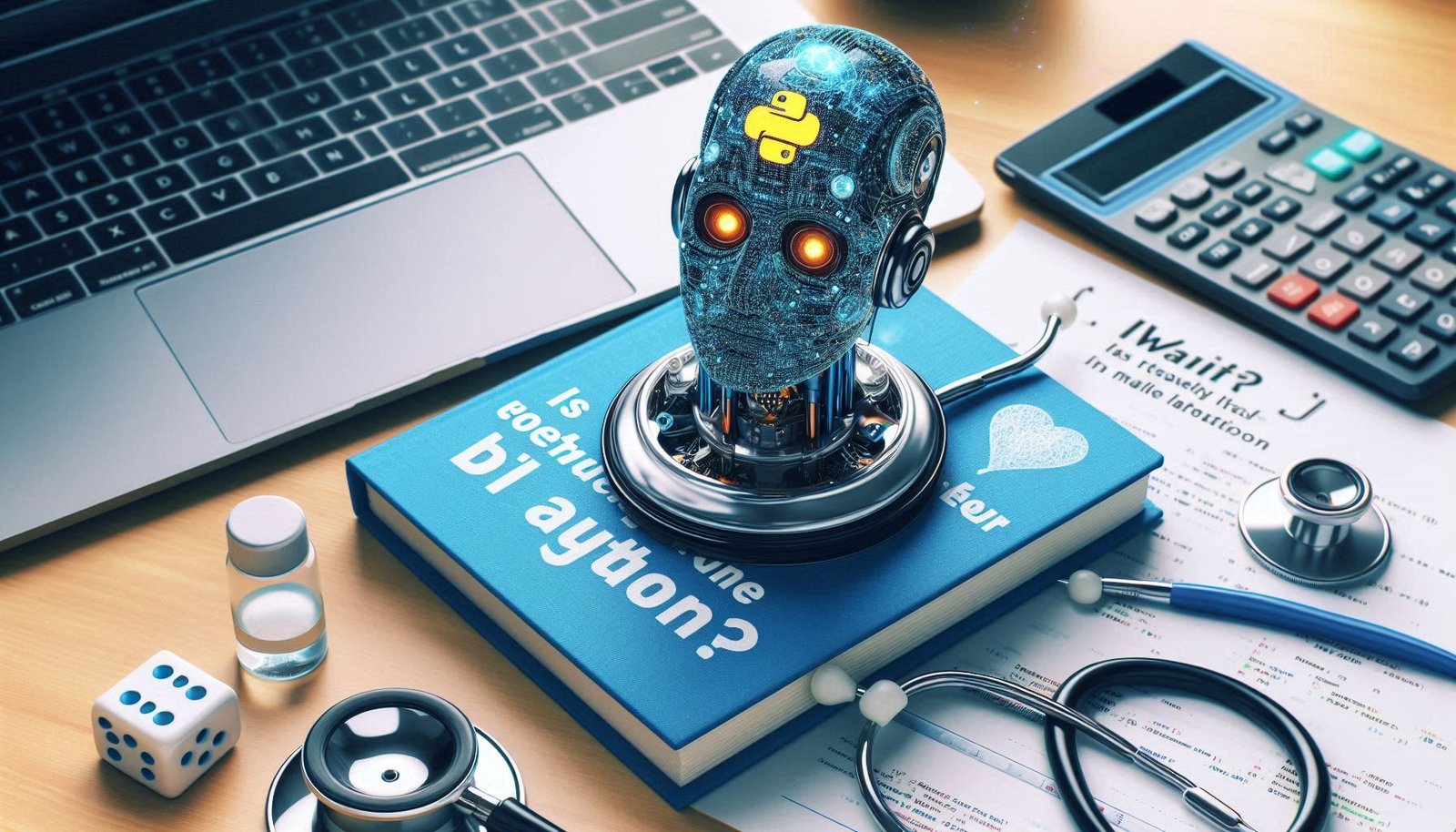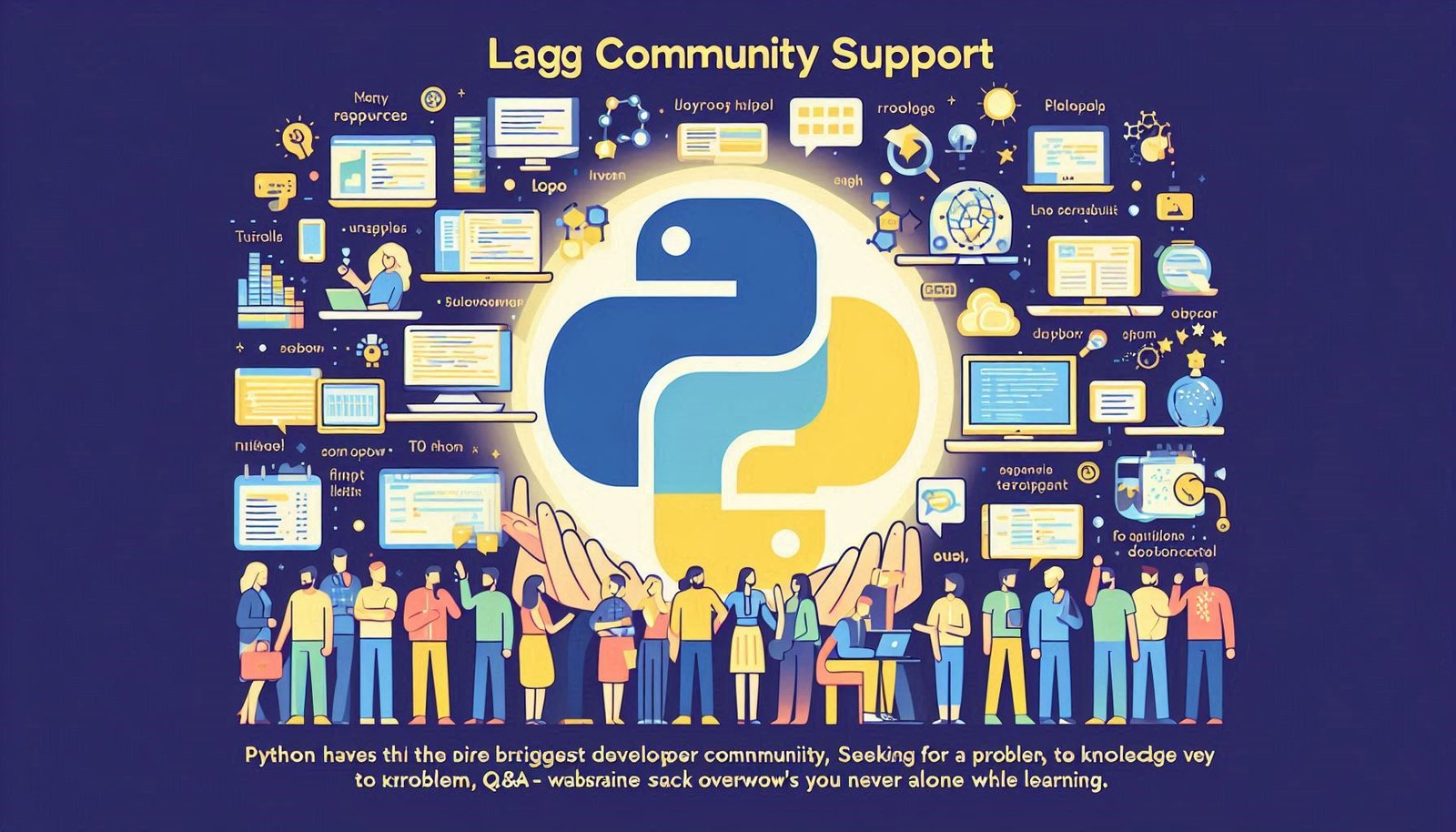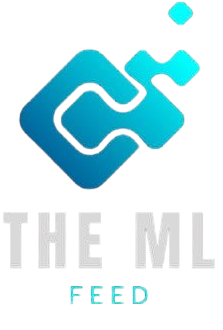From healthcare to finance and more, machine learning (ML) is revolutionizing industries. To help meet this demand, Amazon Web Services updated some of its offerings to make machine learning more accessible and easier to use. Wait, Is It Necessary to Learn Python for ML 2025 ?
In this article, we’ll explain why Python is hugely popular in the ML community, look at some alternatives, and assess whether you really need to be a Python guru to have success in machine learning.

Why Python Is a Top Choice for Machine Learning
Before we talk about whether do you need to learn Python, let’s understand why is it the most preferred language for machine learning.
1. Easy to Learn and Use
Python has an easy-to-understand syntax which makes it beginner-friendly. It enables developers to spend less time dealing with complicated syntax and more time on solving relevant issues.
- Readable and clean code
- Easy to debug and test
- Large community and support resources
2. Rich Ecosystem of Libraries and Frameworks
This is one of the primary reasons Python is preferred for machine learning: its vast library ecosystem. These libraries streamline the development process through pre-built functions and tools: TensorFlow, Keras, PyTorch and Scikit-learn.
- TensorFlow: A robust library well-suited for deep learning projects.
- TensorFlow: The core library that we will be using.
- Scikit-learn: Ideal for basic machine learning algorithms.
- Pandas & NumPy: Excellent for data manipulation and analysis.
3. Large Community Support
Python has one of the biggest developer communities. Seeking for either to a problem, to knowledge, or both, you’ll find many resources such as tutorials, forums, and Q&A websites such as Stack Overflow. The active Python community ensures you’re never alone while learning.

4. Integration with Other Tools
In a machine learning ecosystem, it is essential to work with other languages and tools, and Python knows how to do just that. Python has great support for a multitude of external packages whether it whether it is working with data, visualization tools or deploying models.
Do You Need to Learn Python for Machine Learning?
Now that we understand why Python is ubiquitous, we need to discuss whether learning Python is necessary at all for machine learning. The answer is that it depends, and factors like your own specific needs, the complexity of the project and your own career goals all play a part.
When Python is Essential
- Machine Learning Professional Career: If you’re looking to work with data, AI, or machine learning professionally, you really have to learn Python. As it is the industry standard, nearly all organizations prefer Python skills.
- Dealing with large data sets Python comes with some impressive libraries, including Pandas and NumPy so handling large data sets is not a problem. But when it comes to big data in any machine learning project, Python will be your best friend.
- Deep Learning and Neural Networks Python is practically a must if you want to dive into deep learning. TensorFlow and Keras are examples of libraries particularly tailored to deep learning applications.
When Python May Not Be Necessary
- Basic or Simple Machine Learning Projects: If you’re working on simple machine learning models, you might get by with alternatives like R or even Excel (for beginners). These tools can handle basic analysis without requiring Python.
- Use of ML Platforms and Tools: Some platforms allow you to build ML models without writing code. For example, Google AutoML and Microsoft Azure ML provide drag-and-drop interfaces for building models, and these can be a good option if you’re not focused on learning programming.
- Other Languages for Machine Learning: Although Python is the most common language, other languages like R, Java, and Julia also support machine learning libraries. If you’re already comfortable with one of these languages, you may not need to switch to Python immediately.
Comparison of Python with Other Languages for Machine Learning
| Feature | Python | R | Java | Julia |
|---|---|---|---|---|
| Ease of Learning | Easy | Moderate | Difficult | Moderate |
| Machine Learning Libraries | Extensive (TensorFlow, Keras, PyTorch) | Limited (caret, randomForest) | Moderate (Weka, Deeplearning4j) | Growing (Flux.jl, MLJ.jl) |
| Performance | Moderate | Moderate | High | Very High |
| Data Manipulation | Excellent (Pandas, NumPy) | Excellent (dplyr, ggplot2) | Limited (Apache Spark) | Excellent (DataFrames.jl) |
| Community Support | Large | Large | Moderate | Growing |
| Best Use Cases | Deep learning, big data | Data analysis, statistics | Scalable systems | High-performance tasks |
Steps to Get Started with Machine Learning 2025Without Python
If you’re not ready to dive into Python, here are some alternative ways to start learning machine learning:
1. Explore ML Platforms
Some platforms let you build machine learning models with minimal coding:
- Google AutoML: A cloud-based platform for building high-quality custom machine learning models.
- Microsoft Azure Machine Learning Studio:a visual platform to design machine learning models without any code.
2. Learn Data Science with R
R is another great language for those interested in data analysis and statistics. It’s widely used in academic circles for data analysis and also supports machine learning algorithms through packages like caret and randomForest.
3. Experiment with No-Code Machine Learning Tools
There are many no-code tools who will assist you with going through the machine learning model building cycle without having to write a single line of code.
- Lobe: A free, easy-to-use app for building machine learning models.
- Runway ML: Provides simple machine learning workflows for creators without coding.

FAQs about Python for Machine Learning
1. Do I need Python to learn machine learning?
While it’s possible to start with machine learning using tools like Google AutoML or R, Python is highly recommended due to its rich ecosystem of libraries (e.g., TensorFlow, Scikit-learn) and its widespread use in the industry.
2. Is Python compulsory for AI?
Python itself is not mandatory for AI but it is the most widely used language today in AI because its libraries and simplicity. Most AI frameworks and tools are designed for Python, so it’s become the language of choice for a lot of AI specialists.
3. Should I learn Python or machine learning first?
The Python programming language should be learned before you learn the rest because it is the base of machine learning algorithms. Learning python fundamentals will give you a better insight into the actual machine learning logic as well as code.
4. Is Python alone enough for machine learning?
While Python is necessary, it is not sufficient for machine learning. You will also have to understand important ML concepts, libraries (Pandas, NumPy, etc.) and math for efficient implementation.
5. Can I get a job with only Python?
While Python is highly valuable, getting a job in machine learning or AI requires more than just Python. You will need knowledge of algorithms, data science, statistics, and ML frameworks to be job-ready.
6. Is Python in demand in 2025?
Yes, in 2025 also Python will be in high demand. Because of these characteristics, it remains the dominant language for data science, machine learning, and AI, used by industry professionals and academics alike.
7. Can I learn machine learning without programming skills?
Yes, you can start learning machine learning without programming skills by using visual ML platforms. However, a basic understanding of programming will help you better understand machine learning concepts.
8. Can I learn machine learning without knowing Python?
Yes, It is possible to learn machine learning without Python, particularly, if you use no code platforms or other programming languages. But, for more complex and scalable ML projects, knowing Python can help you get ahead.
Conclusion: Is Python Necessary for ML?
You can certainly learn machine learning without Python first if you are working on just basic projects or using any no-code platforms but in general, Python is the best language for all machine learning applications. Python is the most widely used language among professionals in the field due to its simplicity, comprehensive libraries, and the support of a community of users. Python will give you a big edge if you are serious about building advanced machine learning models or pursuing a career in the field.
Ultimately, whether or not Python is necessary depends on your specific needs. But if you plan to dive deep into machine learning and work on real-world projects, learning Python is highly recommended!
